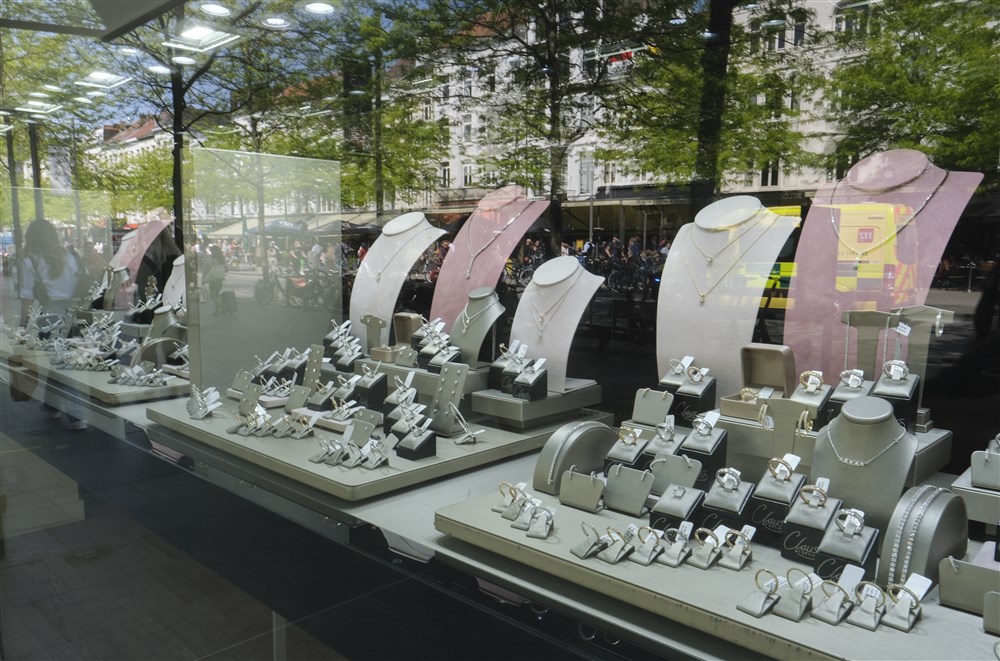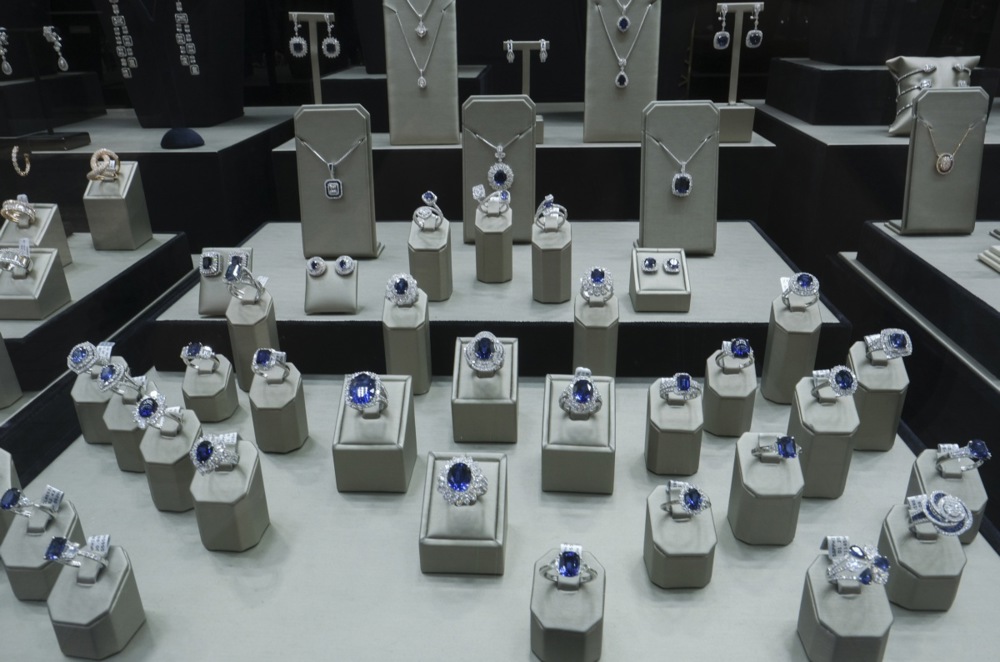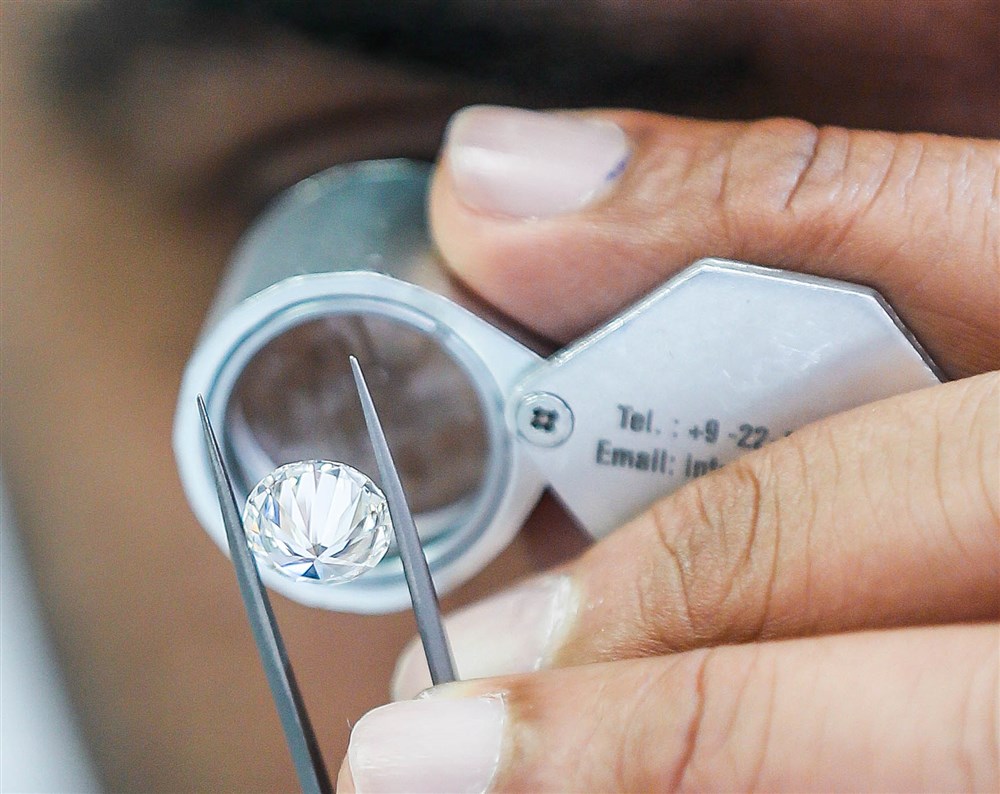As part of efforts to limit Moscow’s income from precious stones and to support Ukraine, the Group of Seven (G7) countries will ban imports of Russian diamonds from January, 2024.
Previously, implementing G7 sanctions on Russia’s rough diamonds has proved a thorny issue as it was felt they could easily be circumvented.
Any such bans would hit Western companies more than the Russian industry while benefiting world non-G7 diamond-trade centres such as Dubai and Mumbai, it was claimed.
As Russian diamonds had not been officially sanctioned by the G7, experts say proceeds from their sales may well have been used to help fund the Kremlin’s war machine in its attack on Ukraine.
The fiercest resistance to a simple G7 ban came from Belgium, regarded by many as the world’s most important diamond-trade hub. It claimed such a move would not prevent Russia sidestepping the measure and would impact its own trade and that of other G7 members.
Instead of that, Belgium, together with many in diamond industry, suggested introducing a track-and-trace mechanism, designed to close off any potential loopholes Russia could exploit. That is set to be introduced as part of the new sanctions.
The G7 agreement is widely expected to be rubber-stamped with a few relatively minor details still to be worked out.
On December 6, the group announced that as of January 1, it will not allow any direct imports of rough diamonds from Russia into member countries.
Following that, from March 1, Russian diamonds processed in third-world nations will also be included and by early September, a “comprehensive traceability system” will be in place, the G7 said.
With the 12th EU sanctions package against Russia set to be approved in the next few days, the G7 agreement on diamonds will be incorporated into the bloc’s sanctions legislation.
Belgian Prime Minister Alexander De Croo welcomed the G7 move, calling it “the right thing to do”.
“It is an essential step to greatly reduce the flow of money from the diamond trade towards Russia.”
Sanctioning Russian diamonds is the right thing to do.
The @G7 agreement will level up transparency in the sector.
Belgium will be a key partner in this endeavor.
Sanctions will further reduce financing of the Russian war machine, while supporting the people of ??@ZelenskyyUA
— Alexander De Croo ???? (@alexanderdecroo) December 6, 2023
Alongside diamonds, Western countries are also targeting Russian oil via stricter adherence to, and implementation of, the ongoing price-cap policy regarding that resource.
Since December last year, Russian crude oil prices have been capped at $60 per barrel.
Nonetheless, some traders have been able to get around the limit by offering higher prices that are disguised as other expenses such as transportation.
There are also issues about how to check whether price-cap rules are being followed.
While buyers would need to state they were purchasing Russian oil at the cap price under the tightened regulations, observers point out that traders could lie about that with practical impunity.
Ukranian President Zelensky attended the G7 sanctions meeting virtually, warning against what he feared might be the erosion of some Western powers’ backing for Ukraine over the war with Russia.
“Russia believes that America and Europe will show weakness and will not maintain support for Ukraine at the proper level. Putin believes that the free world will not fully enforce its own sanctions,” he said
“The free world vitally needs to maintain its consolidation, maintain interaction, maintain support for those whose freedom is being attacked.”
In response, the G7 leaders pledged to continue their backing for Kyiv.
“Our steadfast commitment to supporting Ukraine’s fight for its independence, sovereignty, and territorial integrity will never waiver,” they stated.
The G7 is an informal grouping of Canada, France, Germany, Italy, Japan, the UK and the US, as well as the European Union.
Belgian Prime Minister Alexander De Croo is trying to convince the diamond industry to take the last step in removing Russian diamonds from the international market. https://t.co/zvVoPkHCqG
— Brussels Signal (@brusselssignal) September 21, 2023





